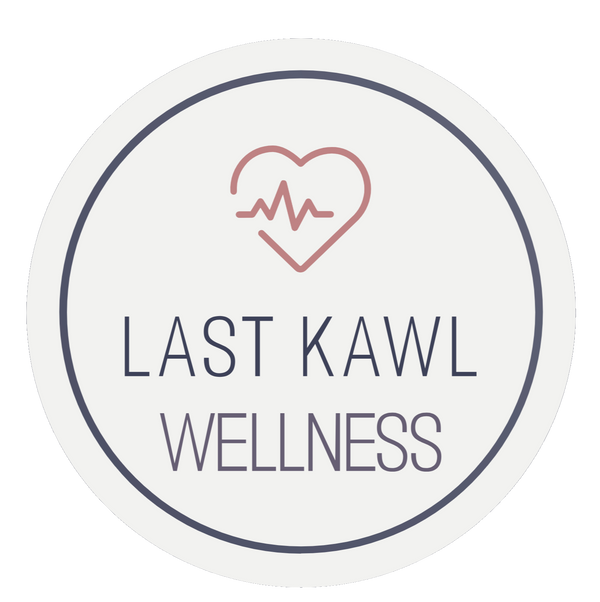In today's health-conscious era, over-the-counter dietary supplements have become a household staple, especially among older adults. But, are they genuinely beneficial for everyone?
The supplement industry is thriving, with an astounding $30 billion worth of products filling the shelves in the U.S. alone. A recent survey highlighted that a significant proportion of adults aged 60 and above are regular consumers. But here's the central question: Do these supplements truly enhance our health, or are they just burning a hole in our pockets?
Dr. JoAnn Manson from Harvard Medical School and Harvard's T.H. Chan School of Public Health puts it succinctly, "While supplements might seem like a health boost, they can never replace a nutritious, balanced diet. Also, relying heavily on them might divert attention from holistic health practices that provide tangible benefits."
Decoding the Science Behind Supplements Typically, when we refer to supplements, we're talking about a vast range of products, from multivitamins to specific mineral or vitamin preparations. Surprisingly, despite their popularity, substantial scientific evidence supporting their health benefits is sparse. In fact, one noteworthy study indicated that some widely-used supplements, such as multivitamins, vitamin D, calcium, and vitamin C, don't necessarily shield against cardiovascular diseases.
Why then, do they remain so popular? Dr. Manson believes it's a mix of wanting to cover all nutritional bases and a placebo effect. She adds, "When people take an action they believe is health-promoting, they naturally feel healthier."
A significant concern with these supplements is the lack of rigorous regulation. They can find their way to shelves without conclusive proof of their purported benefits. This lack of oversight also means you can't always be sure that the product you're consuming matches its label.
However, it's not all bleak. Some supplements, under specific circumstances, can indeed be beneficial. For instance, certain vitamins might reduce the risk of stroke, and a daily multivitamin consumption showed reduced cancer risks in a study.
Navigating Potential Risks Though many supplements are considered safe, it's essential to approach them with caution. Some might have adverse effects when consumed in high dosages or under specific conditions. For instance, beta carotene, when consumed excessively by smokers, has been linked with an increased risk of lung cancer. Vitamin K can offset the benefits of blood thinners, and long-term high doses of vitamin B6 might lead to nerve damage, though symptoms usually recede once the supplement is discontinued.
Tailored Supplements for Specific Needs While the general populace might not benefit from a pill-packed regimen, supplements can be a boon for those with specific health conditions. People with certain deficiencies or absorption issues due to conditions like Crohn's disease or celiac disease might find supplements indispensable.
For instance, a specific blend of vitamins has been proven to slow down the progression of age-related macular degeneration, a leading cause of vision impairment in older adults. "And for those who are lactose intolerant and miss out on vital nutrients from dairy, supplements can fill the gap," explains Dr. Manson.
Last KAWL Wellness's Takeaway Supplements might have their place, especially when recommended by a medical professional for a particular condition. However, for the majority, a well-balanced diet packed with whole foods remains the gold standard for optimal health. At Last KAWL Wellness, we champion holistic health practices and urge everyone to prioritize nourishment from natural sources over pills.

